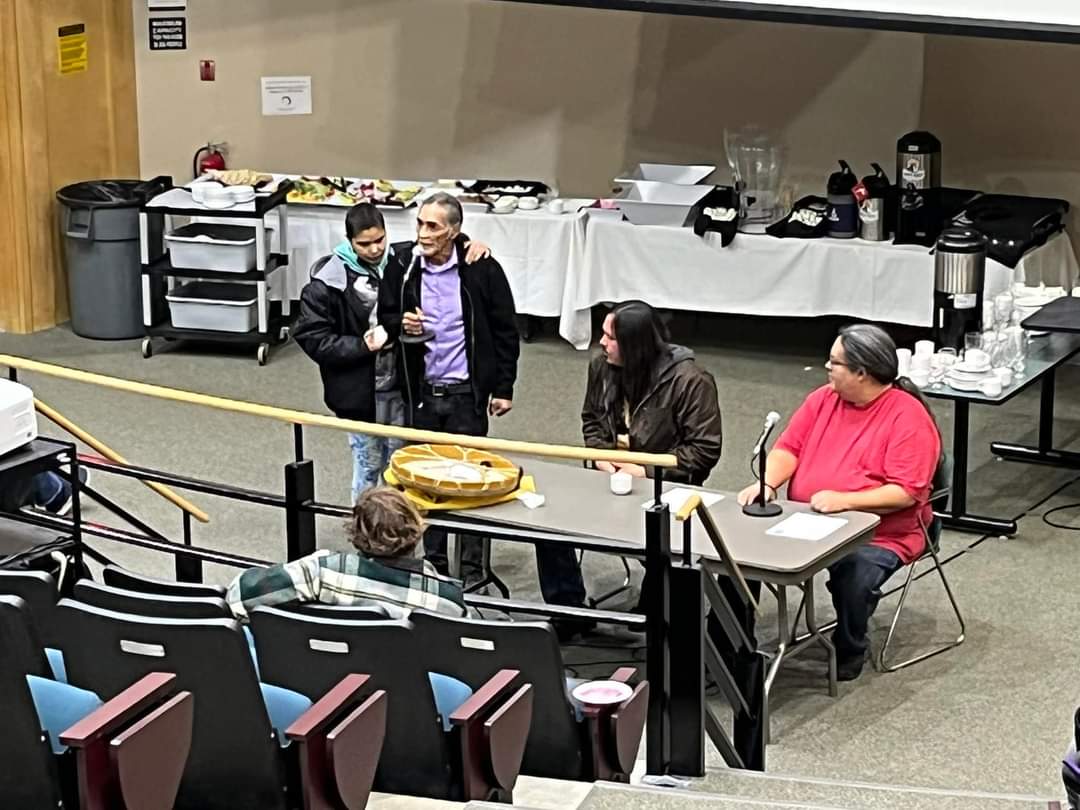The Scattering of Man was an eye-opening film to watch. It sheds light on how remote Indigenous communities have been suffering at the hands of colonialist political agendas for decades.
This film gave some deep oppressed history into the 1968 BC Hydro project of the W.A.C Bennett Dam which ultimately led to the destruction of the Tsay Keh Dene community close to the rocky mountains due to flooding. This film talks about how the project was pushed ahead to complete without thinking about the repercussions to the community that it affected and its natural habitats around.
In the beginning, before the film started, there were a few Indigenous speakers who spoke about the film and briefly how the community has been affected. I could sense pain and suffering in their voices. The impacts of intergenerational trauma in these communities are evident today and through awareness and discussion; healing and reconciliation can occur.
One of the people in the film mentioned that the land will always be there but how about the people? So many people lost their lives during the dam project. One woman shared how she saw her parents drowning and felt helpless. Hearing the pain in their voices is a cry for change in political agendas. It makes me wonder how the government could have overlooked this community’s needs even after all the destruction caused.
After the film, I thought about the impact of colonialism and how it is still evident in politics today. Even though there have been active efforts for reconciliation there is still injustice happening in many communities today. It will take years of continued efforts to rebuild communities where they feel safe and valued in today’s society. It took years for the people of the community to speak out due to intergenerational trauma, and communities feeling helpless and hopeless. With this film, hopefully, there will be continued efforts to spread awareness of this important story and issues that are still prevalent today.





